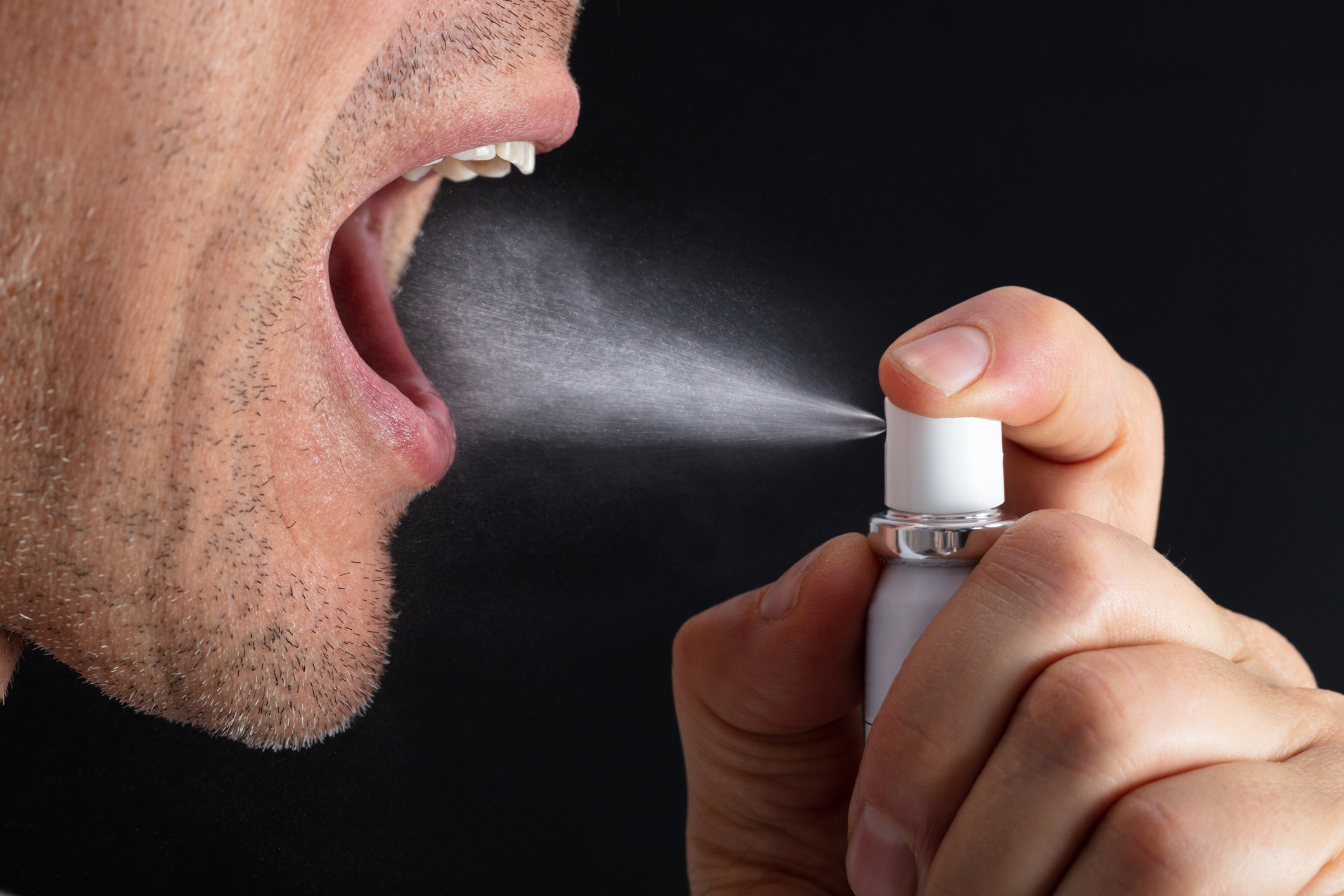
Know The Best Skincare Routine for Dry Skin
Keeping your skin hydrated and healthy requires a good skincare routine. To keep dry skin moisturised and nourished, extra care and attention must be given. The Best Skincare Routine for Dry Skin will be covered in detail in this educational article, along with useful advice and product suggestions.
Cleaning
Use a mild, moisturising cleanser to thoroughly clean your face before beginning your skincare regimen. Avoid washing your skin with abrasive soaps or cleansers that might remove its natural oils.
Look for cleansers with moisturising components like hyaluronic acid or glycerin that are especially designed for dry skin. Apply the cleanser to your face gently and then rinse it off with warm water. Use a soft cloth to gently pat your skin dry.
Exfoliation
Including for dry skin, exfoliation is a crucial part in any skincare regimen. However, it’s important to pick a moderate exfoliant that won’t irritate the skin or lead to more dryness. Choose chemical exfoliants such as alpha hydroxy acids (AHAs) or beta hydroxy acids (BHAs) or exfoliators with fine particles. These components aid in the removal of dead skin cells, exposing a smoother and more radiant complexion. To avoid over-exfoliation, keep exfoliation to once or twice a week.
Toning
Toning is a phase in skincare regimes that is sometimes skipped, but it can be helpful for dry skin. Look for moisturising and soothing toners without alcohol. Your skin’s pH level is balanced by toners, which also help your skin absorb moisturisers and serums more effectively. Use a cotton pad to apply the toner to your face or spritz it on there.
Hydration
For dry skin, hydration is essential. Purchase a premium moisturiser designed exclusively for dry skin. Search for moisturisers that have ceramides, hyaluronic acid, and organic oils like jojoba or argan oil. These components enhance the skin’s barrier function and aid in moisture retention. Use gentle upward strokes to apply the moisturiser to your face and neck.
Sun protection
Even if you have dry skin, it’s still important to shield it from the sun’s damaging rays. A broad-spectrum sunscreen with an SPF of 30 or more is recommended.In order to prevent adding to the sense of dryness, look for sunscreens that are thin and non-greasy. If you plan to be outside for an extended period of time, liberally apply sunscreen to all exposed skin and reapply every two hours.
Additional Nutrition
Consider adding additional nourishing treatments for dry skin to your usual skincare regimen. This can include using a rich nighttime moisturiser, applying a facial oil or serum at night, or using a hydrated face mask once or twice a week. These extra actions can offer your skin substantial hydration and aid in reestablishing its proper moisture balance.
- Lifestyle Advice: In addition to following a regular skincare regimen, one can maintain healthy, moisturised skin by adopting specific lifestyle practises.
- Drink a lot of water throughout the day to stay hydrated.
- Avoid taking long, hot baths or showers because they can remove your skin’s natural oils.
- Choose lukewarm water instead, and take shorter showers.
- Use a humidifier to add moisture to the air in your house, particularly in the winter when indoor heating can exacerbate dryness.
- When it comes to skincare regimes, consistency is crucial.
- For a few weeks, stick to your selected regimen and products to observe obvious improvements in the moisture and general health of your skin.
- Additionally, it’s always ideal to speak with a dermatologist for specialised guidance and recommendations if you have any particular skin issues or conditions.
Finally, a suitable skincare regimen for dry skin entails gentle cleaning, frequent exfoliation, toning, and sufficient hydration. It’s crucial to select solutions designed especially for dry skin and to add additional nourishing treatments as necessary. You can obtain healthy, moisturised, and glowing skin by paying attention to these suggestions and sticking to your programme.

